T4K3.news
Monterey Auction Market Cools
Monterey Car Week auctions show a softer high end and a shift toward younger buyers, signaling a market rotation ahead.
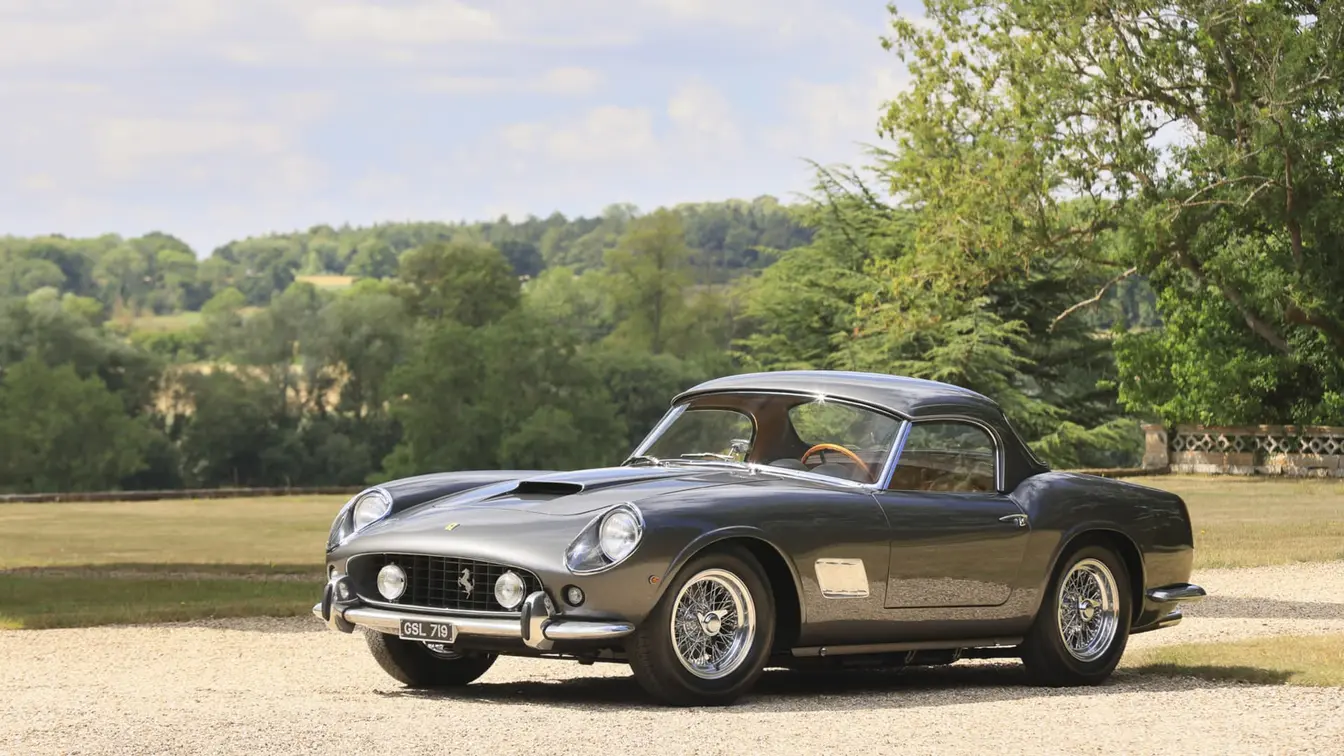
An estimated 1,140 classic cars will come up for sale at Monterey Car Week, the annual gathering of classic car collectors from around the world.
Monterey Auction Market Slows as Younger Collectors Lead Shift
An estimated 1,140 classic cars are set to cross the Monterey auction block during Monterey Car Week, with sales projected to range from 367 million to 409 million dollars, Hagerty estimates. The midpoint around 388 million would mark the third straight year of declines since the 2022 peak of 471 million.
The high end is showing weakness this year. Only one car is expected to top 10 million dollars, and the average sale price is around 473 thousand dollars, down slightly from last year. Dealers point to global uncertainty, wars in multiple regions, and higher interest rates as factors that dampen top-end demand. Private sales are rising as buyers seek price privacy, a trend that could mask underlying softness in public auctions. At the same time, younger buyers are entering the market, favoring post-1980s models and modern supercars over classic 1950s and 1960s icons.
Gooding & Co. is offering three Ferrari 250 GT California Spiders, including a rare alloy-bodied 1961 SWB California Spider estimated at over 20 million dollars. The alloy Cal Spider, seen as one of the great road cars, illustrates the enduring allure of marquee classics even as price momentum cools.
Key Takeaways
"Pebble Beach is the annual health check on the market"
Simon Kidston on the market’s pulse at Pebble Beach
"It's a big rotation toward younger buyers and newer cars"
McKeel Hagerty on shifting demand
"If it's an $18 million car and it becomes a $13 million car, it's still a multimillion-dollar car"
Hagerty on price declines and value perception
"We're seeing a surprisingly large amount of private sales"
Hagerty on how sellers are choosing private transactions
The shift from aging collectors to younger buyers mirrors broader luxury-market dynamics when wealth passes to the next generation. It is telling that private sales are growing, offering liquidity without flooding the market with public price disclosures. That secrecy may help prevent abrupt price shocks, but it also clouds true market value and could chill long-term confidence if a wave of private deals becomes more transparent.
If today’s buyers value usability and daily driveability, expect demand to tilt toward late 20th-century and early 21st-century exotics rather than museum-quality classics. This rotation could stabilize overall market health, but it also signals a lasting realignment: value may hinge less on pedigree and more on relevance, reliability, and lifestyle appeal. The market’s health check, then, depends on how quickly younger enthusiasts convert interest into durable, active participation rather than one-off, headline-grabbing auctions.
Highlights
- Pebble Beach is the annual health check on the market
- It's a big rotation toward younger buyers and newer cars
- If it's an $18 million car and it becomes a $13 million car, it's still a multimillion-dollar car
- We're seeing a surprisingly large amount of private sales
Financial risk from market rotation and private sales
The shift toward younger buyers and private transactions could reduce price transparency and heighten volatility if demand patterns change faster than public data can track.
The road ahead for classic car collecting will depend on how well value, usability, and passion align across generations.
Enjoyed this? Let your friends know!
Related News

Van Halen guitar auction update
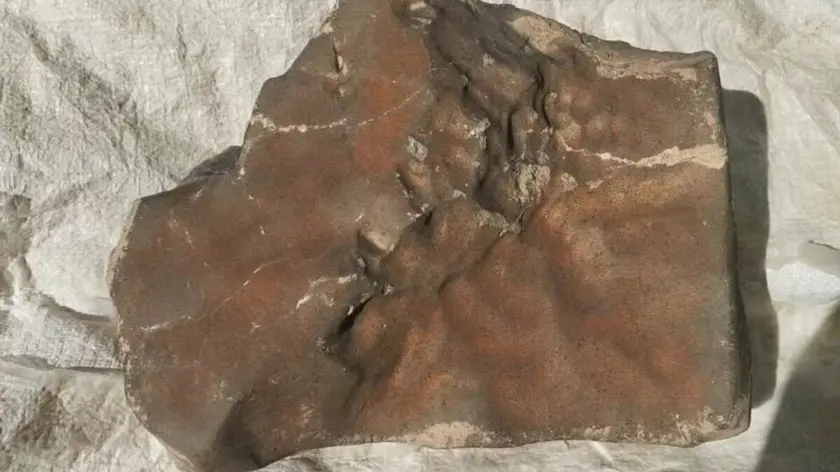
Largest Martian Meteorite to Auction for Up to $4 Million
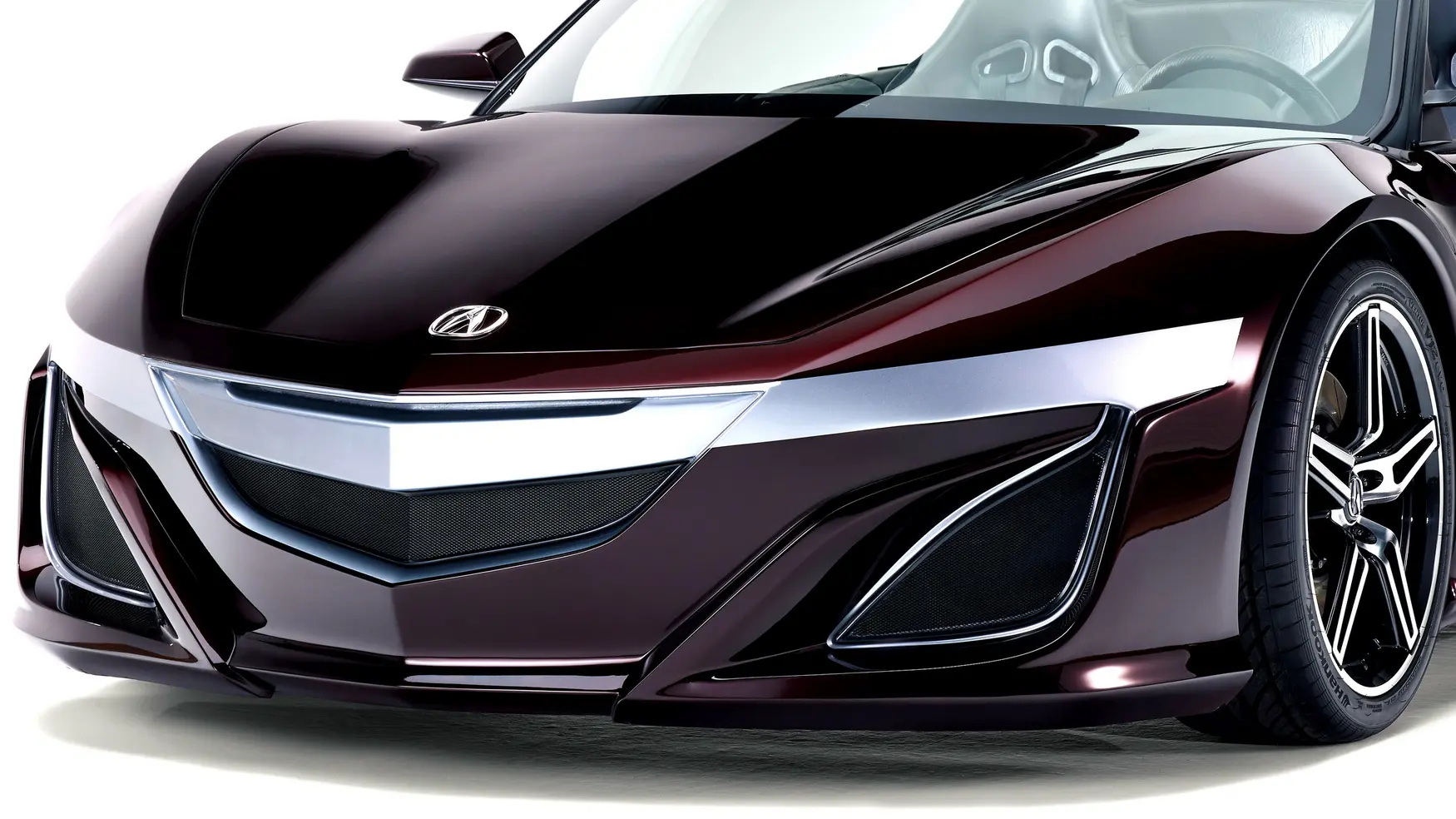
Avengers NSX Roadster goes to charity auction

Acura Tests Appetite for Avengers NSX Roadster at Monterey
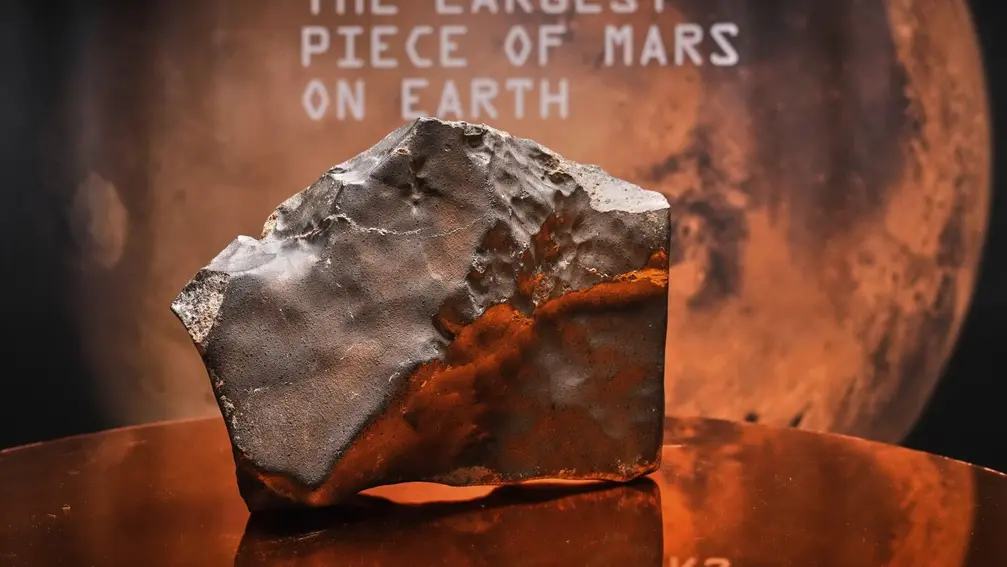
Martian meteorite sells for over $5 million at auction
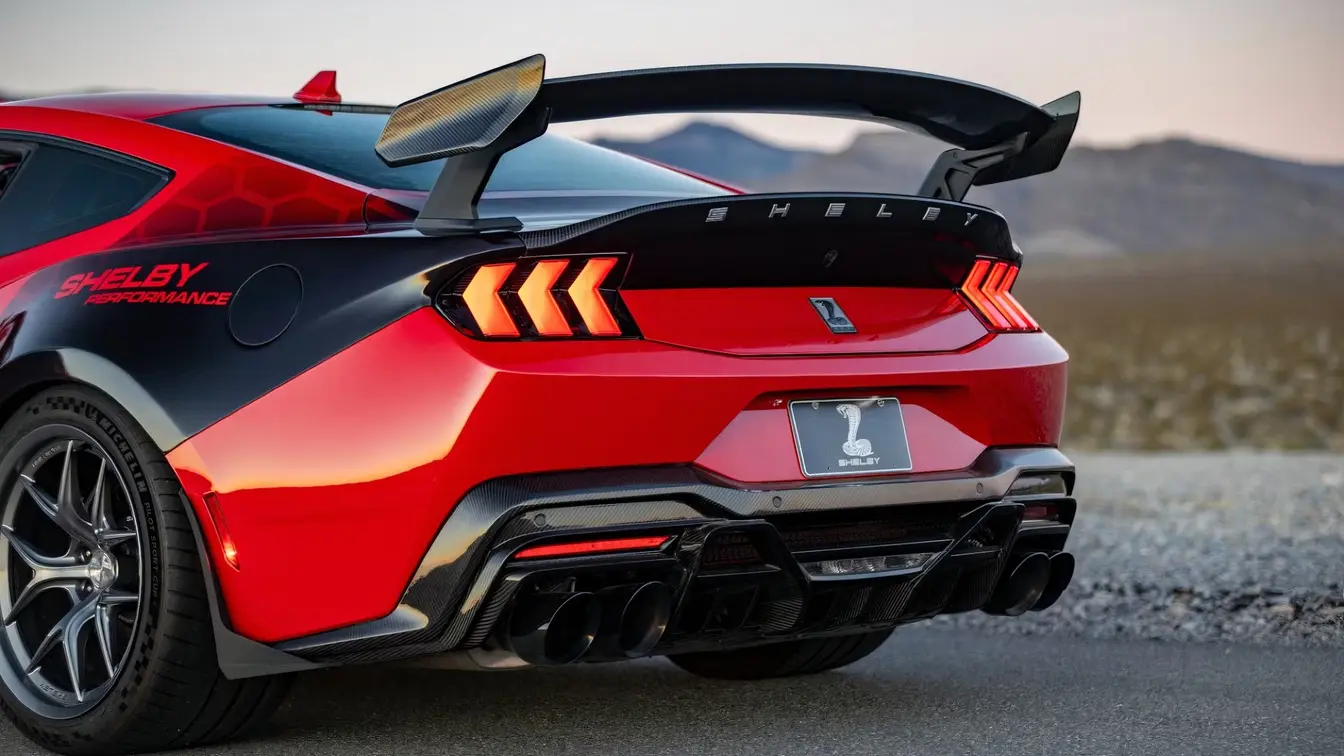
Shelby unveils high performance Super Snake-R
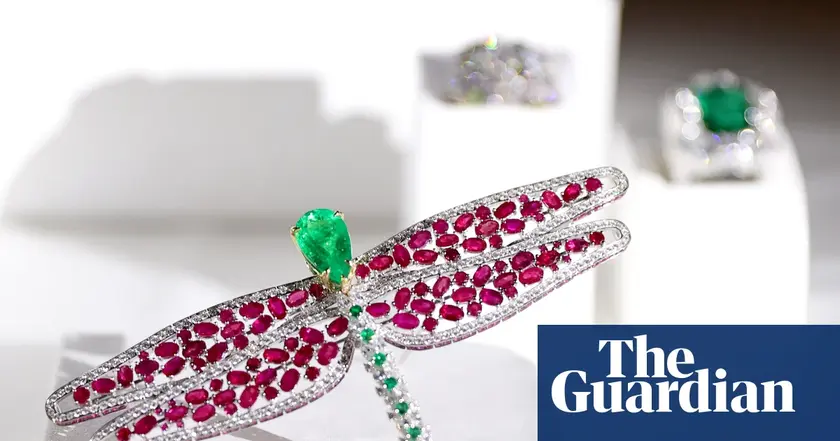
Fabergé sold to tech investor in 50 million deal
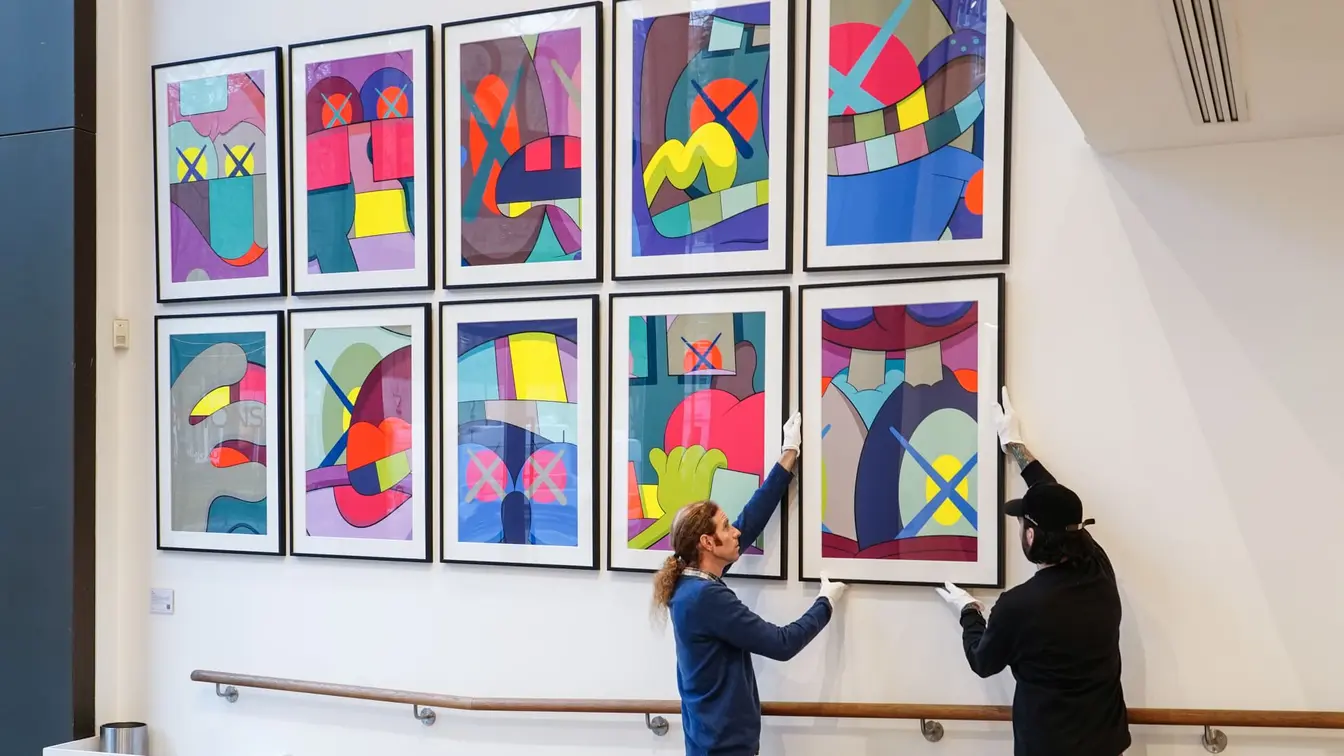
Auction sales drop significantly in the first half of 2025
